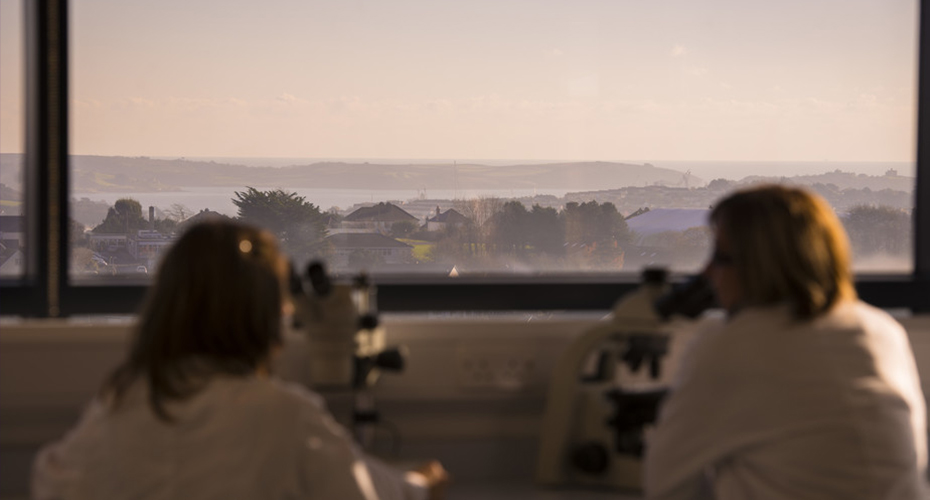STEM Lecture Series
This annual lecture series is usually run face to face in December. However in 2020 we were pleased to be able to provide the opportunity to hear exciting talks from leading academics via our pre-recorded resources.
We have kept these resources available in 2021 for teachers to use as a resource for online learning or to set as a home learning task.
These three lectures aimed at year 10 and up each relate to an area of biology, chemistry, or physics, and have a follow-up interview with each presenter where they answer questions submitted by schools in December.
We have also created question and answer classroom and/or homework tasks to accompany each lecture, the answers to which can all be found by watching the video. To receive a copy of these please contact cemps-outreach@exeter.ac.uk.
Please remember to complete this short form each time you show a lecture to a class or set one as a home learning task to help us track their use and impact.
Any feedback from teachers is incredibly valuable. Feedback can be submitted here.
How does our immune response combat ‘hidden killers’? – Dr Peter Cook
40 minutes
Our immune response has a huge challenge: it has to continually respond and clear ‘germs’ to ensure we stay fit and healthy. Traditionally, when we think of germs most people tend to think of bacteria, parasites or viruses. However, infections caused by fungi are a huge burden on global health, as more people die from these compared to malaria and tuberculosis. Despite this, fungal infections remain understudied compared to these other infectious diseases and there is much we do not understand.
Earth's bizarre secret: The strange world of crystallography – Calum Beeson
20 minutes
This talk looks at the 6 crystallographic systems, including the chemical bonding of their structures, with examples from the CSM Mineral Museum. Featuring demonstrations of the bizarre optical effects these crystals can create and the physics behind them, Calum Beeson asks: What is the potential for new futuristic materials created by targeted crystal growth? Calum Beeson is a Senior Geology Technician based in the Camborne School of Mines at the University of Exeter.
Black holes & invisibility cloaks: What gravity can teach us about optics - Dr Simon Horsley
40 minutes
At school Dr Simon Horsley was told several times that "Light always travels in a straight line". Years later he realised that this was completely untrue. In this lecture he looks at how light really behaves, and how it bends so as to take the least time to travel between any two points. We shall see that light behaves according to this 'principle of least time' in both materials and gravitational fields, and that this is not only an interesting fact of nature, but also a principle that can be used to design invisibility cloaks.
Dr Peter Cook
Follow-up interview: Dr Peter Cook is a Wellcome Trust Sir Henry Dale Fellow at the MRC Centre for Medical Mycology. Peter’s research focuses on understanding how the lung-airway environment influences innate immunity to mediate anti-fungal allergic disease, a recognised key neglected area of research
Calum Beeson
Follow-up interview: Calum Beeson is a Senior Geology Technician at the Camborne School of Mines
Dr Simon Horsley
Follow-up interview: Dr Simon Horsley is a Senior Research Fellow at the University of Exeter. Simon’s research interests include the theory of electromagnetism, acoustics, and wave physics in general




